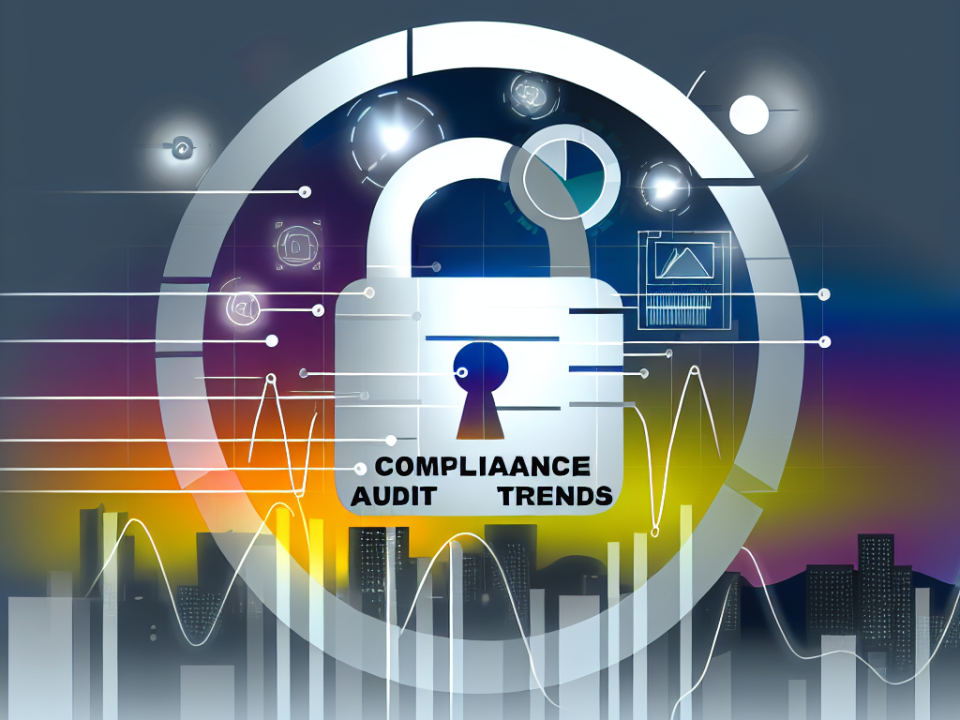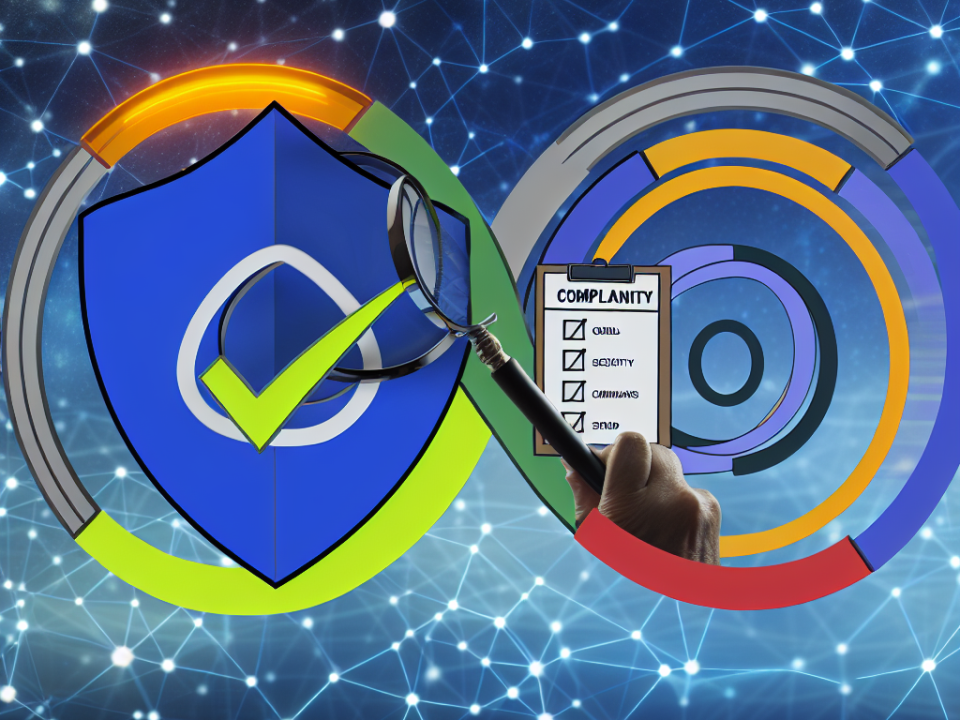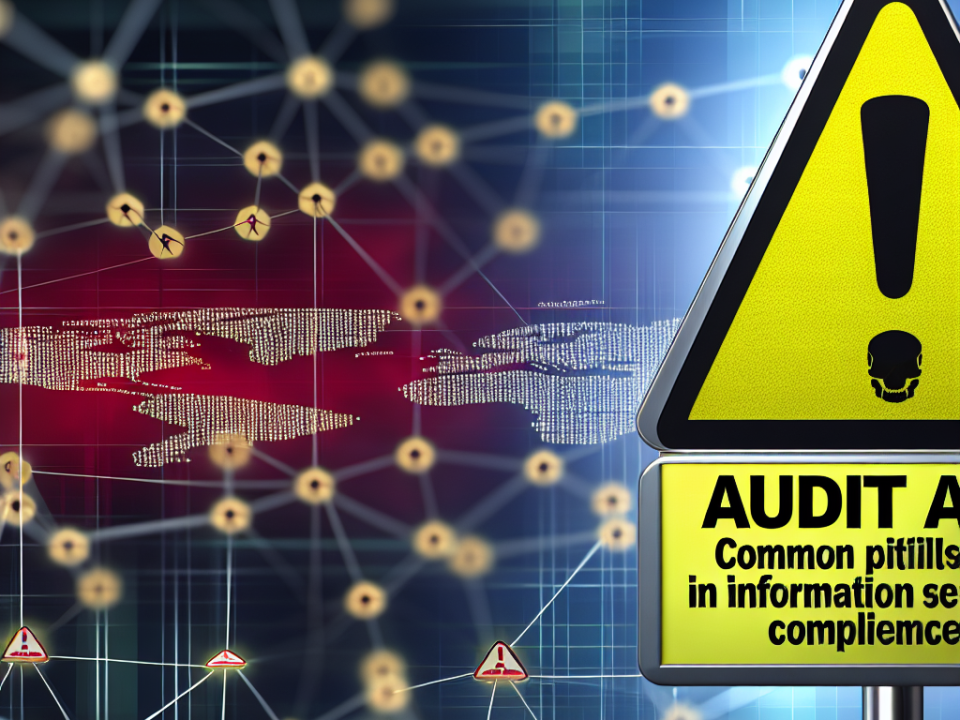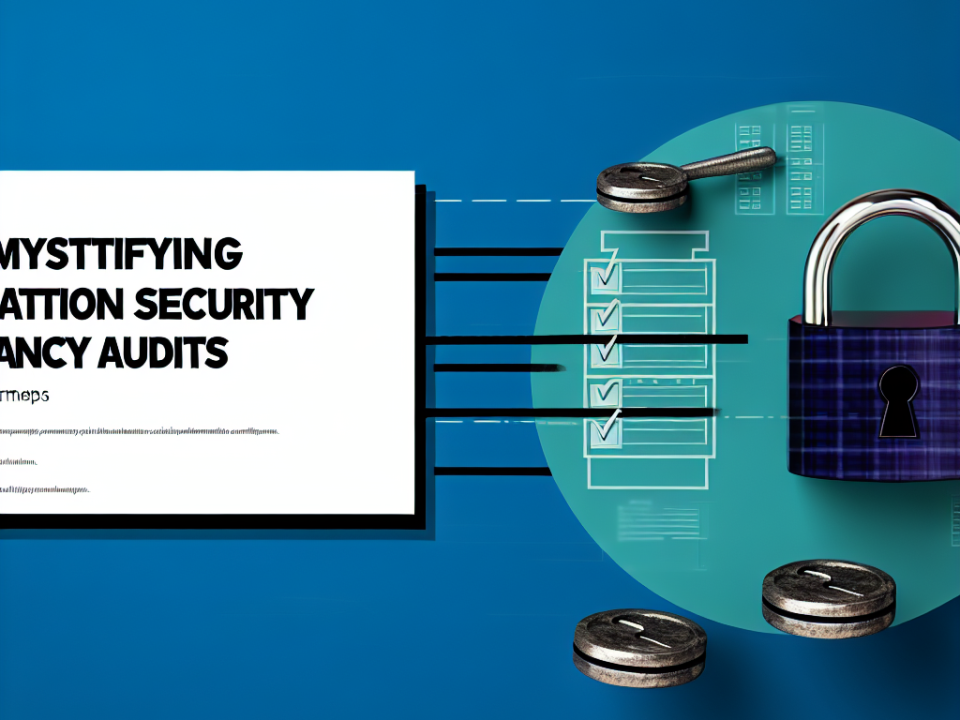
Navigating the Challenges of SoC Design: Tips for Success
June 18, 2025
Decoding SIEM: Understanding the Heartbeat of Cybersecurity
June 19, 2025
In an interconnected world, where data breaches and cyber threats are increasingly common, security compliance frameworks are becoming essential for businesses of all sizes. These frameworks not only help organizations protect sensitive data but also build trust with clients and partners. In this article, we will explore what security compliance frameworks are, their significance, and how they can enhance credibility in the marketplace.
Understanding Security Compliance Frameworks
Security compliance frameworks are structured sets of guidelines and best practices designed to help organizations manage and secure their information systems. These frameworks provide a roadmap for implementing security controls, monitoring compliance, and mitigating risks. Some well-known frameworks include:
- ISO/IEC 27001: An international standard that outlines how to manage information security.
- NIST Cybersecurity Framework: A voluntary framework that offers a policy framework of cybersecurity guidance.
- PCI DSS (Payment Card Industry Data Security Standard): A set of security standards for organizations that handle credit cards.
- HIPAA (Health Insurance Portability and Accountability Act): A U.S. law designed to protect patient health information.
- GDPR (General Data Protection Regulation): A regulation in EU law on data protection and privacy.
The Importance of Compliance Frameworks
1. Risk Management
One of the primary benefits of adopting a compliance framework is the ability to effectively manage risks. These frameworks guide organizations in identifying vulnerabilities and implementing controls to address them. By proactively managing risk, organizations can reduce the likelihood of data breaches and the associated financial and reputational damage.
2. Demonstrating Accountability
In a digital landscape where trust is paramount, being compliant with a recognized framework signals accountability. Clients and partners feel more secure when they know that a company adheres to established standards for data privacy and security. This transparency fosters a relationship built on trust, making clients more likely to do business with such organizations.
3. Regulatory Compliance
Many industries are subject to regulatory requirements regarding data security. Compliance frameworks help organizations align their practices with these regulations, thereby avoiding potential penalties and legal issues. Ensuring compliance can be a strategic advantage, as it also demonstrates a commitment to ethical practices.
4. Enhanced Reputation
Organizations known for their commitment to security often enjoy a better reputation in the marketplace. A robust security posture, backed by compliance, can differentiate a company from its competitors. When businesses make security a priority, they send a clear message that they value their clients’ data and, by extension, their trust.
Building Trust with Compliance Frameworks
1. Merit-based Trust
When organizations implement security compliance frameworks, they provide measurable proof of their commitment to protecting client data. Certifications like ISO 27001 or compliance with GDPR are indicators that a company has gone the extra mile to ensure security, creating an environment of merit-based trust.
2. Client Education
Running outreach programs to educate clients and partners about the security measures that a business employs can strengthen trust even further. Regular communication about compliance efforts reassures clients and partners that their data is in safe hands. This education can include workshops, webinars, and detailed reports on compliance status.
3. Third-party Audits
Engaging third-party auditors to validate compliance status can further enhance trust. Clients and partners are more likely to trust the assessments of unbiased external parties, adding a layer of credibility to an organization’s claims.
4. Incident Response Preparedness
Another aspect of trust-building revolves around an organization’s ability to respond to incidents. Compliance frameworks often include guidelines for incident response planning and management. By having a well-defined incident response plan, organizations can assure clients and partners that they are prepared to handle potential breaches effectively.
Conclusion
In today’s digital age, security compliance frameworks serve as a vital tool in building trust with clients and partners. By establishing a systematic approach to risk management, regulatory adherence, and accountability, organizations can create an environment where data security is prioritized. This not only protects the organization but also reassures clients and partners that their data is safe. In this way, compliance frameworks are not just about ticking boxes but rather about fostering authentic relationships built on trust and mutual respect. As the landscape of security evolves, embracing these frameworks will be crucial for any organization aiming to thrive in a competitive environment.







